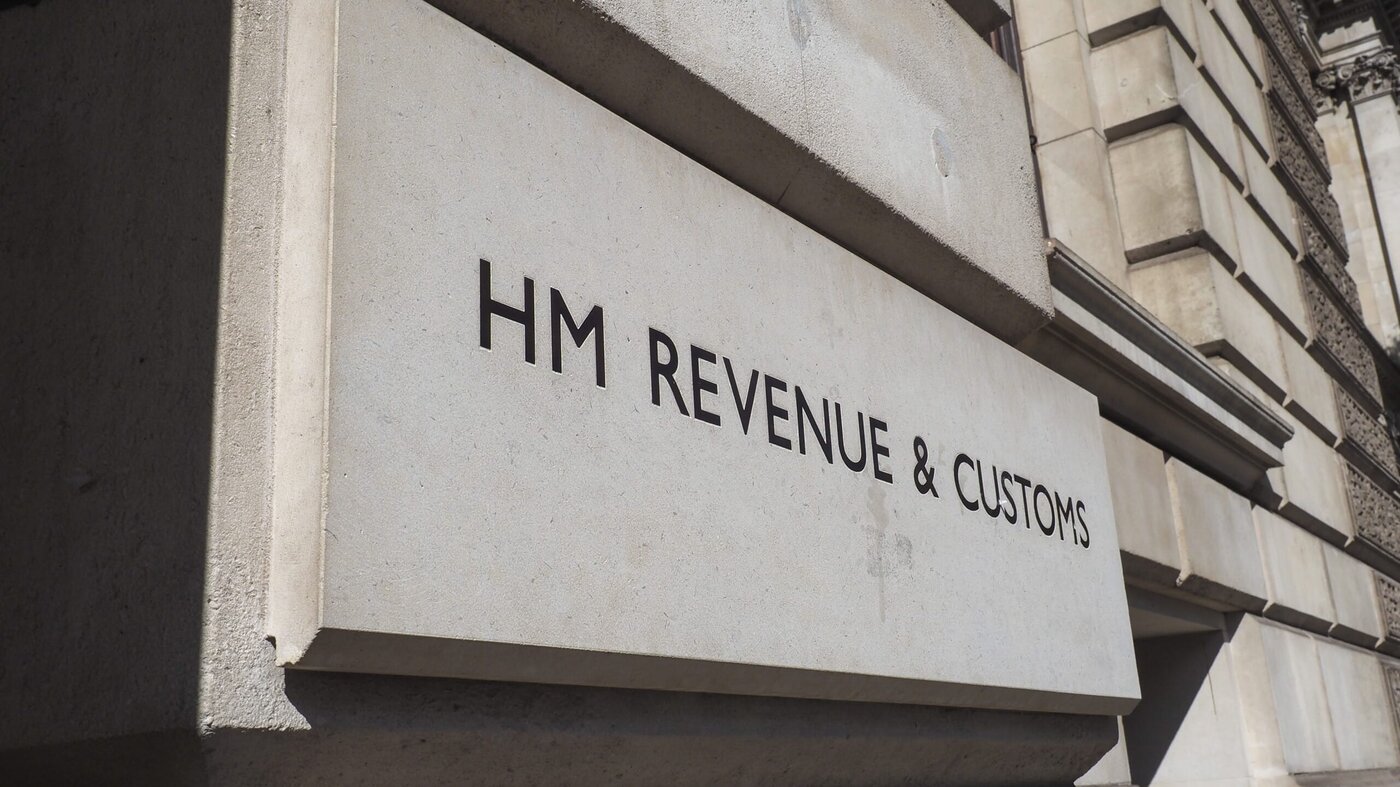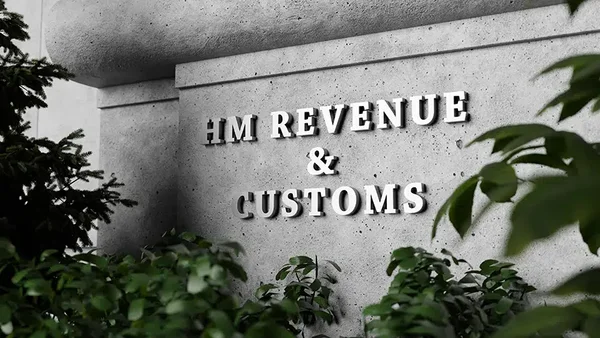Introduction
HM Revenue & Customs (HMRC) has contacted tax agents acting for UK companies to review the accuracy of company tax returns that claimed relief for directors’ loan repayments. The notification comes in response to situations where, prior to April 2025, companies anticipated loan repayments within nine months of their accounting period, enabling them to claim a reduction in the s455 Corporation Tax Act 2010 charge.
HMRC is seeking to ensure that these anticipated repayments were actually made, and that company tax returns accurately reflect the final status of such debts. Agents have been asked to confirm details, help clients amend any incorrect filings, and ensure any outstanding tax is paid promptly.
Overview of Directors’ Loan Accounts
Directors’ loan accounts are a common feature in many small, medium, and large close companies in the UK. A “close company” is usually a company controlled by a small group of shareholders or directors. Where such companies make loans to participators persons with a shareholding or substantial interest they must adhere to strict reporting and repayment timelines to avoid additional tax charges.
A tax charge under section 455 of the Corporation Tax Act 2010 applies when a close company lends to a participator and the loan remains outstanding nine months after the accounting period ends. The charge is intended to discourage the indefinite extension of loans to directors or shareholders.
s455 Corporation Tax Act 2010: Tax Implications
The s455 tax, at the applicable rate, becomes due unless a loan is repaid within nine months following the end of the company’s accounting period. This liability is typically reported in the supplementary CT600A pages of the company tax return.
If any part of the director’s loan is repaid within this nine-month window, the s455 charge is reduced proportionally. Any relief must be accurately recorded, as HMRC closely monitors such claims for evidence of repayment.
Historical Approach to Anticipated Repayments
For company tax returns submitted before April 2025, it was possible to claim relief for an anticipated repayment. Companies could forecast that a director’s loan would be repaid by the end of the nine-month period, even if outstanding at the return filing date.
This practice was permissible if the expected repayment date fell within the legal timeframe. As an illustrative example, a company ending its accounting period on 31 December 2023 could submit its tax return in August 2024 and claim s455 relief if the loan was expected to be repaid in full by 30 September 2024, nine months after year-end.
Changes to HMRC Policy from April 2025
From April 2025 onwards, HMRC has modified its electronic filing systems to prevent companies from entering a future repayment date when completing CT600A forms.
Consequently, only repayments made by the time the tax return is filed will be eligible for relief. This adjustment is designed to strengthen the integrity of the s455 regime and reduce the risk of tax loss owing to misreported or unexecuted anticipated repayments.
Risks and Issues Identified
HMRC has identified a potential risk where companies claimed relief based on anticipated future repayments that either did not occur or were not made in full or on time.
If tax returns were not subsequently amended to reflect the actual amounts repaid or the absence of repayment this could have resulted in underpaid s455 tax liabilities. To address this, HMRC is contacting agents where such claims may have been made and is providing a deadline for response and action.
Final Summary
The review of directors’ loan accounts by HMRC reflects ongoing attention to corporate tax compliance. The move addresses potential underpayment of tax arising from anticipated repayments that were never completed, highlighting the importance of accurate and up-to-date tax filings by companies. Agents are required to respond promptly, assist clients in rectifying any discrepancies, and advise on any further payments due.
These measures aim to close loopholes and reinforce adherence to statutory obligations for company directors and shareholders. For professionals managing business compliance, the Pie app can provide helpful reminders and updates on regulatory changes.











